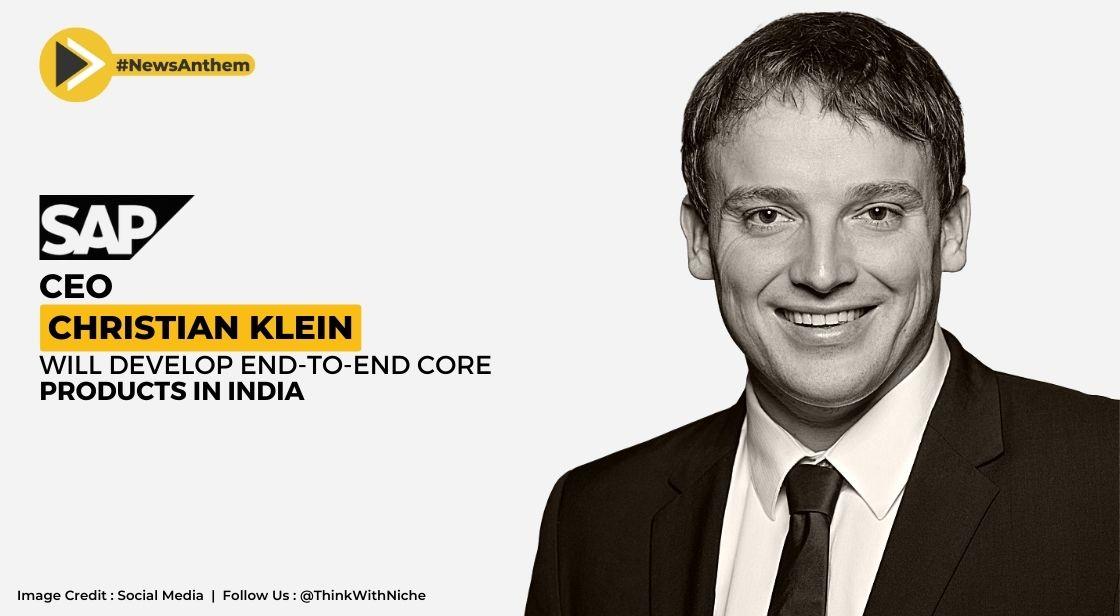SAP Plans To Double Investments In India: CEO Christian Klein

News Synopsis
According to CEO Christian Klein, the German software giant SAP SE intends to increase its investments in India over the next five years. According to Klein, SAP wants India to develop end-to-end core products and become into an innovation hub.
In an effort to reduce risk and de-concentrate their supply chains, he said that MNCs are using SAP to help them in moving portions of their business to India. According to Klein, Asia, and India in particular are winners in the global scenarios because of their robust economies, talent pools, and resistance to geopolitical tensions.
Klein stated that SAP is assisting huge multinational corporations to shift to "safer, stable environments" like India in order to de-risk their supply chains and logistics from being concentrated in a single area. While China had an advantage three to four years prior, he added, "perception and political environment" had changed in India's favour.
According to him, the Indian market makes the most sense because SAP is "out of Russia," maintains a limited presence in Ukraine, encounters a skills shortage in Germany and Europe, is subject to lockup interruptions in China, and struggles with Silicon Valley's concentrated talent.
"We believe India is one of the countries that will benefit from this shift as there is access to a market and customers who are willing to innovate and invest in technology like generative AI and blockchain among others. It's clear on where we need to put our money," He told the newspaper. In addition, Klein agreed that ChatGPT, AI, and metaverse "will be disruptive in certain parts of the business", but he insisted that he thought they will instead have "strong use cases" rather than wreak havoc. In order to keep clients one step ahead of the competition, he continued, SAP must begin integrating this solution as the technology matures over the next two to three years.
You May Like









